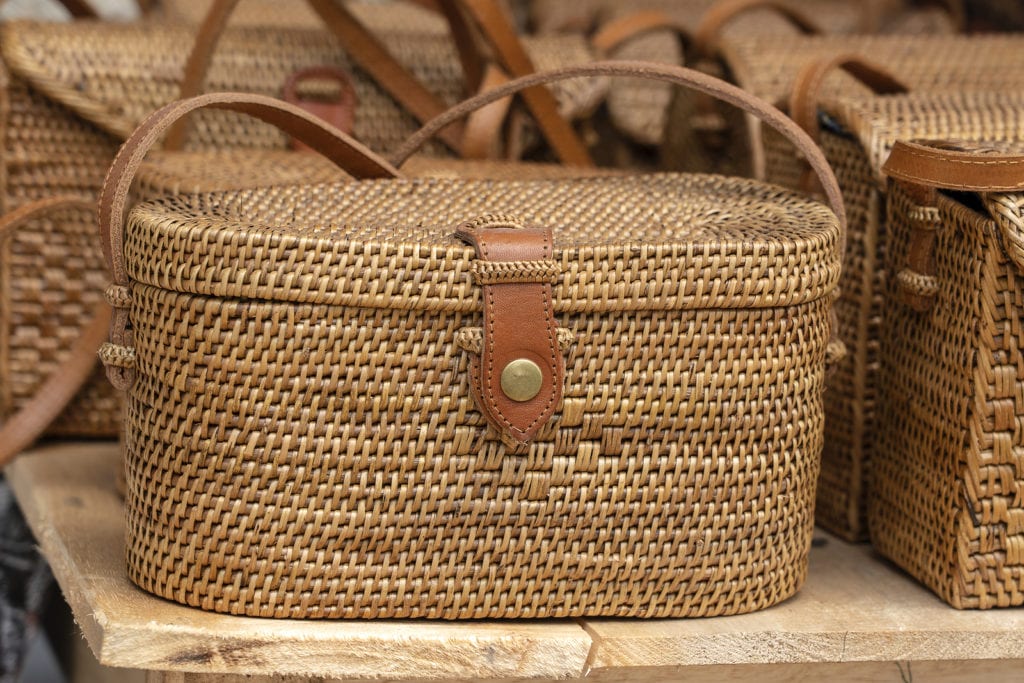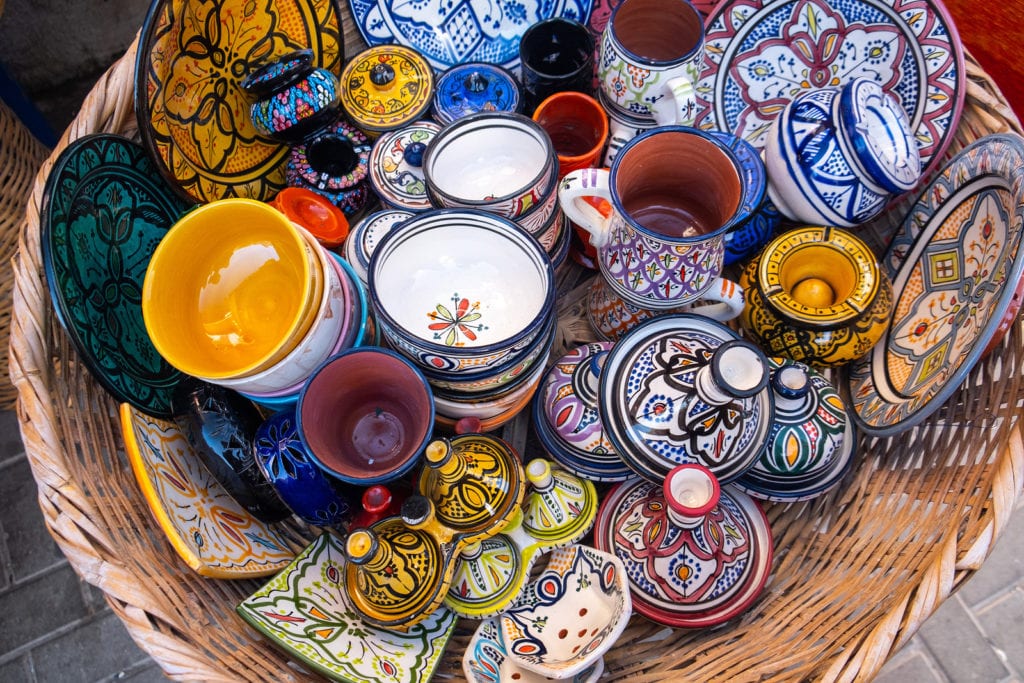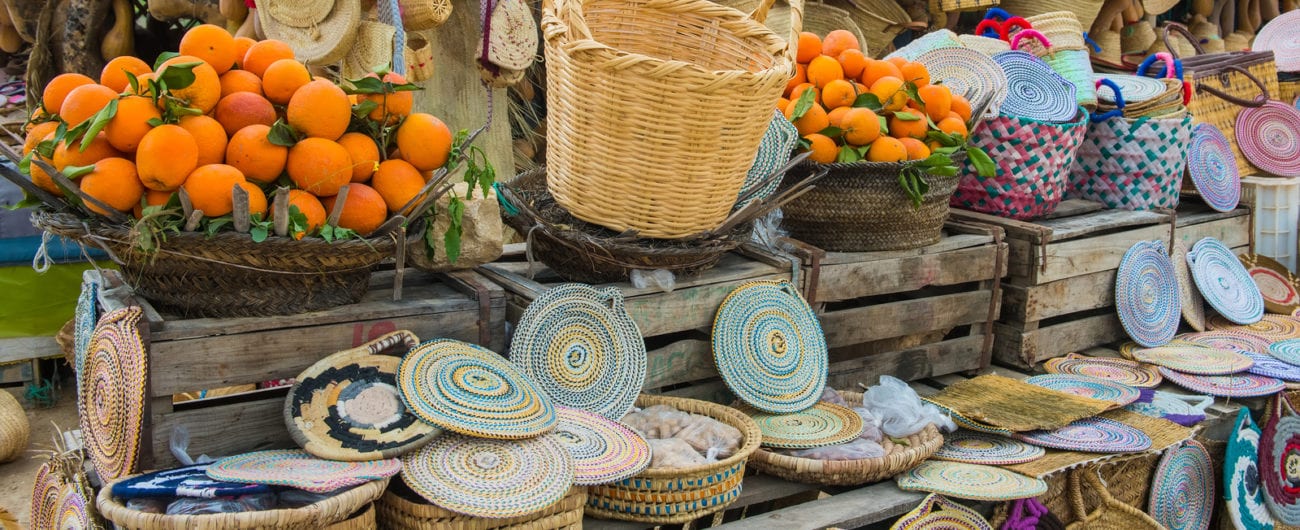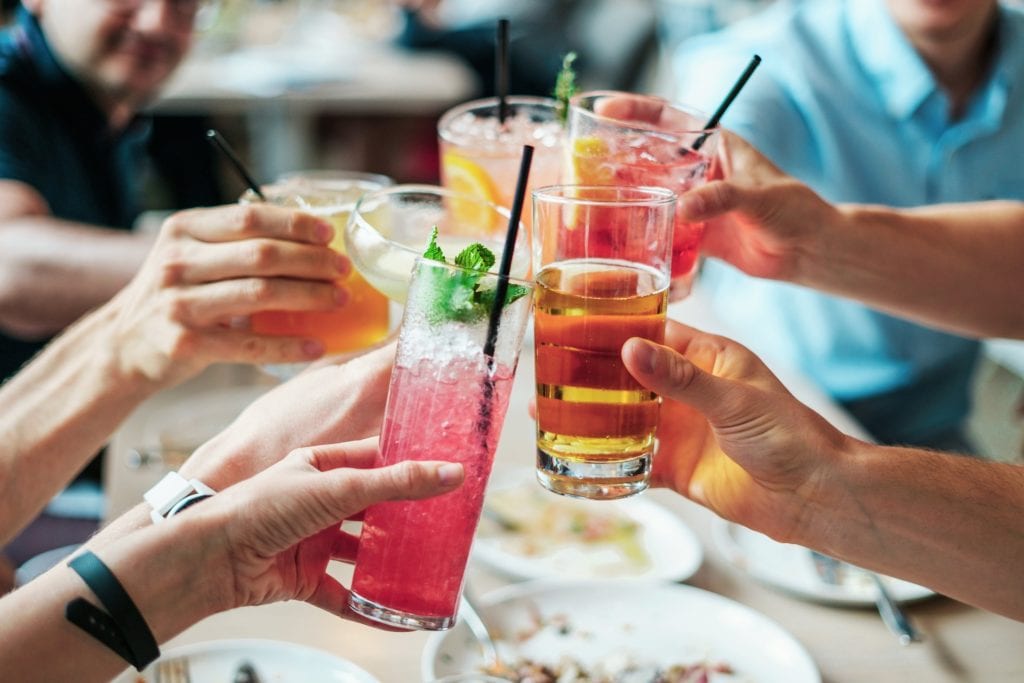On any trip, it is important to think about how you get from point A to B, where you stay, and what you eat and drink. As a sustainable tourist you also are conscious of your impact on people and on the environment. It is also important to make the right choices when it comes to the souvenirs that you buy.
What to buy as a sustainable tourist

The first and most important thing to bear in mind when buying souvenirs is that less is often more. Living sustainably is all about thinking about what you truly need or want, and what you can really do without. Your goal should be to reduce your overall consumption. In today’s world, the temptation to buy, buy, buy is all around us. It is not that we should not buy at all, but simply we should avoid knee-jerk reactions and impulse buys, and think very carefully about each and every item we choose.Positive purchases are things that will do no harm (and potentially even do good) to people and planet. Purchases should ideally be:
- Things that have not caused harm to the environment in their manufacture. i.e. – be things that are natural, organic, zero or low carbon, from sustainable and non-polluting sources.
- Items that have not exploited workers, or put them in harms way.
- Non-harmful to wildlife or other animals.
- Made from materials that do not pose a waste problem at the end of their useful lives.


When you buy things as a sustainable tourist, the proceeds from the sale should be funneled back to improve the lives of local people, or to protect or enhance local ecosystems. It is important not to buy items that are mass-produced and items that simply line the pockets of middlemen and businesses rather than supporting local communities and those who made the items in the first place.You might imagine sustainable travelers would be better off to buy anything at all. But when you buy the right souvenirs, you can actually make your travels more, and not less sustainable. To support sustainable manufacture, craft and communities, some items you might want to consider buying include:
- Natural and organic honeys, preserves, wines and other food and drink items.
- Natural and organic plant fiber clothing/ textiles.
- Woven baskets and other similar craft items.
- Wooden items crafted using traditional skills.
- Hand-crafted jewelry (especially ones which uses natural or reclaimed materials).
- Hand-made pottery or ceramic items.
- Upcycled items that use materials that would otherwise have been thrown away.
Of course, even with such items, it is important to check that they really were made locally. It is also best to buy directly from the makers/ producers, or at least to verify that the money from the sale really is going into their hands.


What Not to Buy on Sustainable Trips
Unfortunately, there are a large number and variety of souvenirs on sale that are far from sustainable. Many souvenirs are definite no-nos for ethical and environmentally conscious travelers. Some items you should most definitely avoid include:
- Food and drink items from damaging mono-crop agriculture and factory farming.
- Items made from ivory and horn. Of course you should make sure you do not buy any items that have come from illegal poaching.
- Furs/ leathers/silks and other animal products whose provenance cannot be verified. (Vegans will usually avoid these altogether. But even if you do not believe that these are unethical in principle, these industries can be hugely harmful to people and the wider environment, as well as causing animal suffering. Unless you know exactly where these things come from, and how cruelty free and sustainable the process was, these should most definitely be avoided.)
- Live animal souvenirs. You might be horrified to learn that live animals are sometimes given away as souvenirs. Sustainable, ethical travelers should, of course, avoid these at all costs.
- Synthetic or other non-natural clothing and textiles, which come at a high toll for people and the planet.
- Mass produced plastic, which was not only hugely harmful at the point of manufacture, but which also contributes to the massive problem of plastic waste.
- Hardwood items and other wooden items that have come from non-sustainable felling. Deforestation is a massive problem and it is important to make sure you do not play a role in causing more of it.
- Live plants. Not only might taking live plants cause harm to the local environment, there is also the danger they will harbor pests and disease which could pose a huge threat to the ecosystem back home.
These are just some of the damaging souvenirs travelers sometimes inadvertently buy. You should be sure to avoid all of these and other damaging, mass produced items on your sustainable adventures. Of course, you should also be sure to avoid buying any items which funnel money away from, rather than towards sustainable community development and conservation. Look out for any unscrupulous operators who exploit local crafters and producers and if in doubt, do not be afraid to walk away.It is always important to think carefully before making any purchases, and the souvenirs that we buy when we are away from home are no exception. There is nothing wrong with buying something to remind you of your trip to take back home – just make sure you choose something that does good, rather than harm.










I love the idea of only buying from local places when traveling. My partner and I want to go somewhere for our anniversary this year and we’ve been thinking about what we might get to remember the place. We’ll have to be sure to buy from local shops wherever we go.
Yes! Those are always the ones with the most memories, aren’t they?